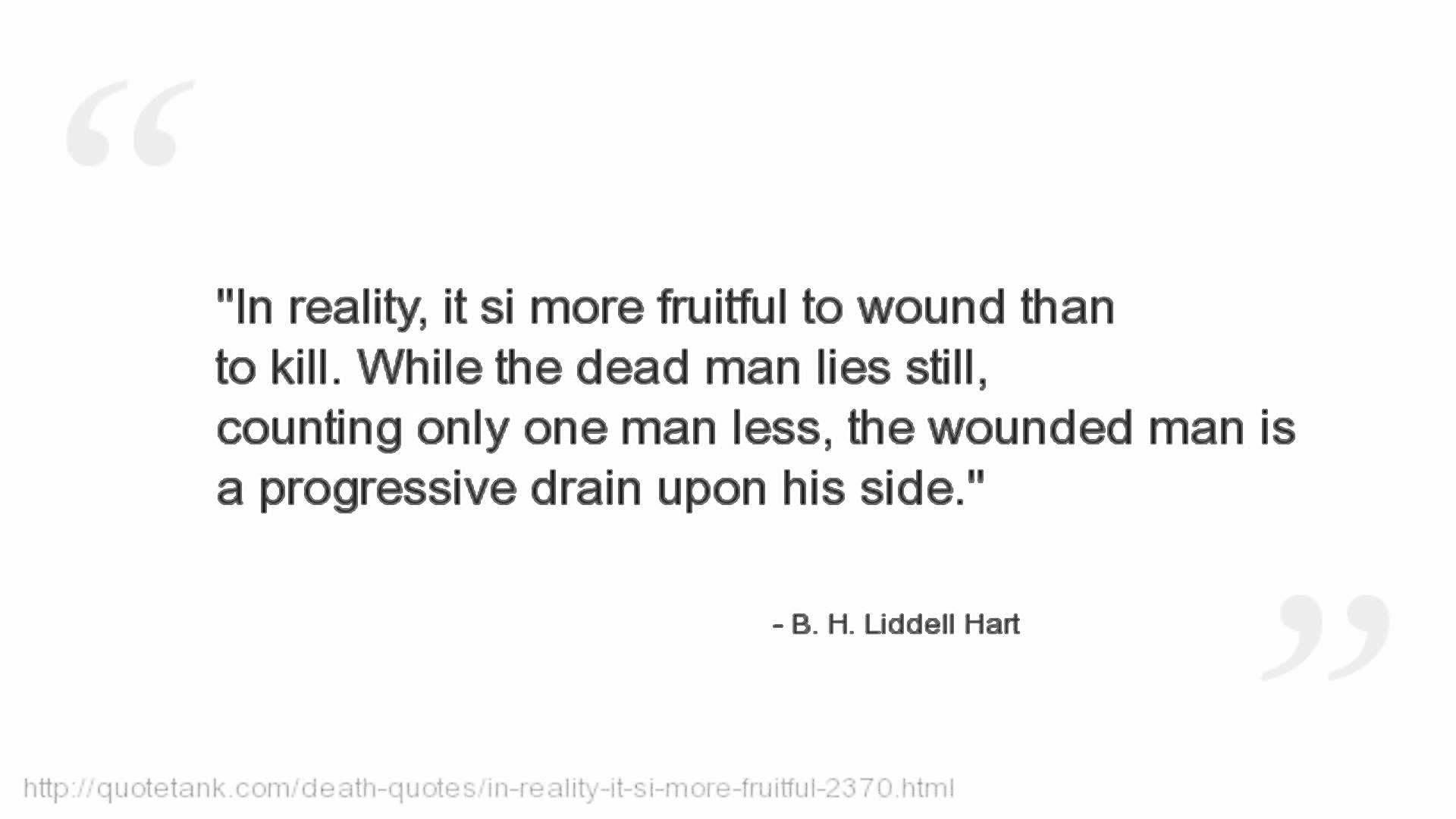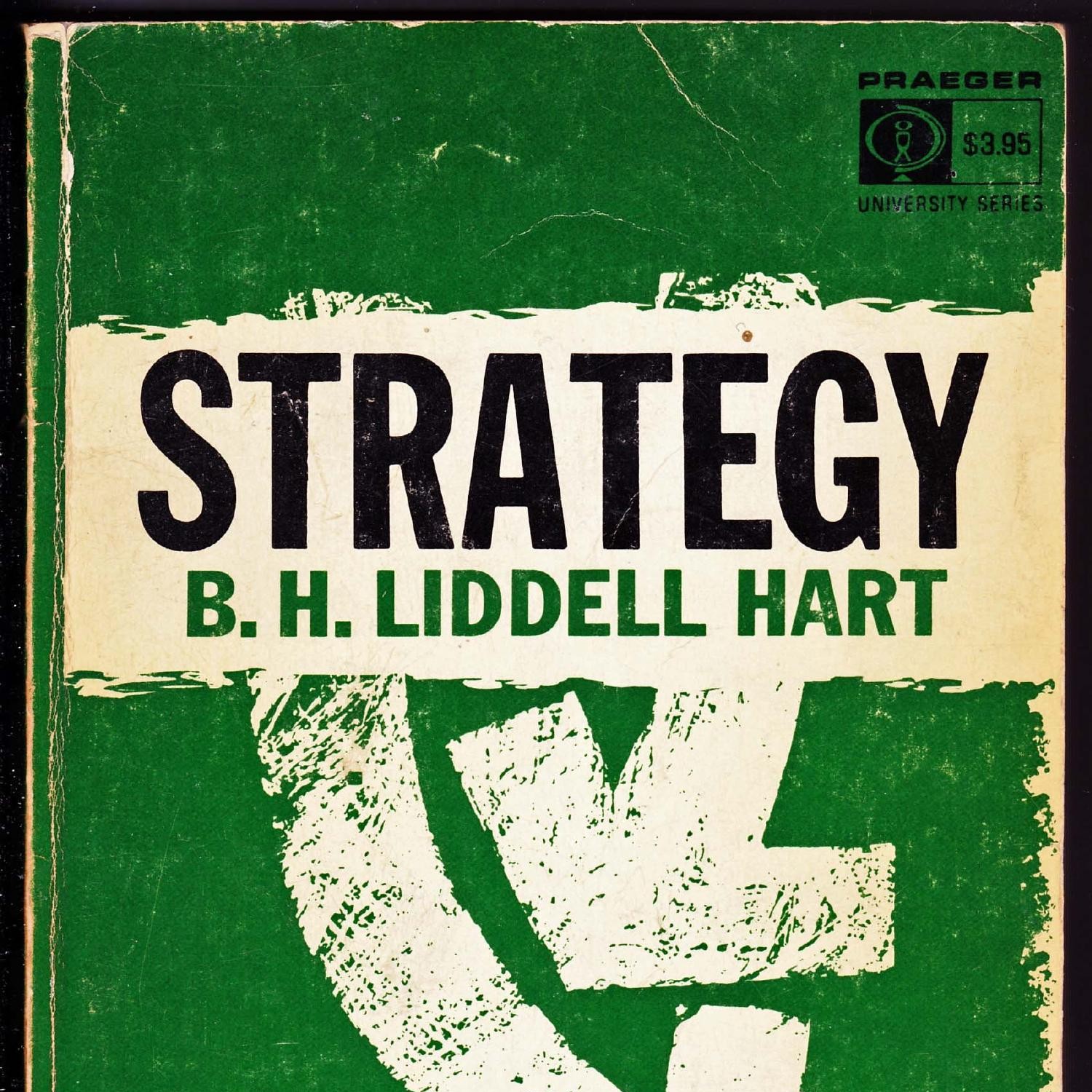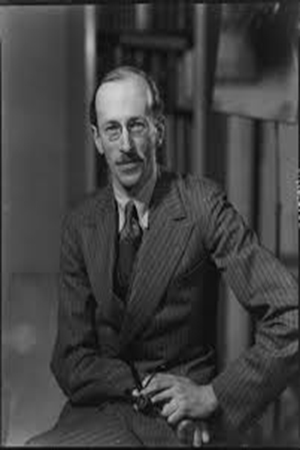
The Chinese especially regard age with veneration, and hold that a man of eighty years or more must be wiser than others. How often do people claim superior wisdom on the score of their age and experience. It is universal experience-infinitely longer, wider, and more varied than any individual’s experience. The study of history offers that opportunity in the widest possible measure. I prefer to profit by other people’s experience.”

“Fools,” said Bismarck, “say they learn by experience. A second object lies in the practical value of history. History can show us what to avoid, even if it does not teach us what to do-by showing the most common mistakes that mankind is apt to make and to repeat.

History has limitations as guiding signpost, however, for although it can show us the right direction, it does not give detailed information about the road conditions.īut its negative value as a warning sign is more definite. In other words, to seek the causal relations between events. The object might be more cautiously expressed thus: to find out what happened while trying to find out why it happened. But the results of discounting the possibility of reaching the truth are worse than those of cherishing it. What is the object of history? I would answer, quite simply-“truth.” It is a word and an idea that has gone out of fashion. Why study history at all? Hart asks us this rhetorically, early on in the book, and replies with a simple answer: Because it teaches us what not to do.

He recognized that this discovery could best be fostered under certain political and social conditions-which therefore became to him of paramount importance. He valued, perhaps even more, the moral courage to pursue and propagate truths which might be unpopular or detrimental to one’s own or other people’s immediate interests. To this end he valued accuracy and lucidity. He believed in the importance of the truth that man could, by rational process discover the truth about himself-and about life that this discovery was without value unless it was expressed and unless its expression resulted in action as well as education. Hart summed up much of his wisdom in a short treatise called Why Don’t we Learn from History?, which he unfortunately left unfinished at his death. In the preface to the book, Hart’s son Adrian sums up his father’s approach to life: Hart’s experience both studying wars and participating in them - he was a British officer in World War I and present for both World War II and a large portion of the Cold War - gave him wide perspective on the ultimate human folly. What’s beautiful about Hart’s writing is his insight into human nature as seen through the lens of war. His work influenced Neville Chamberlain and may have even (accidentally) influenced the German army’s blitzkrieg tactic in WWII.

He wrote tracts on Sherman, Scipio, Rommel, and on military strategy itself. Liddell Hart (1895-1970) was many things, but above all, he was a military historian.


 0 kommentar(er)
0 kommentar(er)
